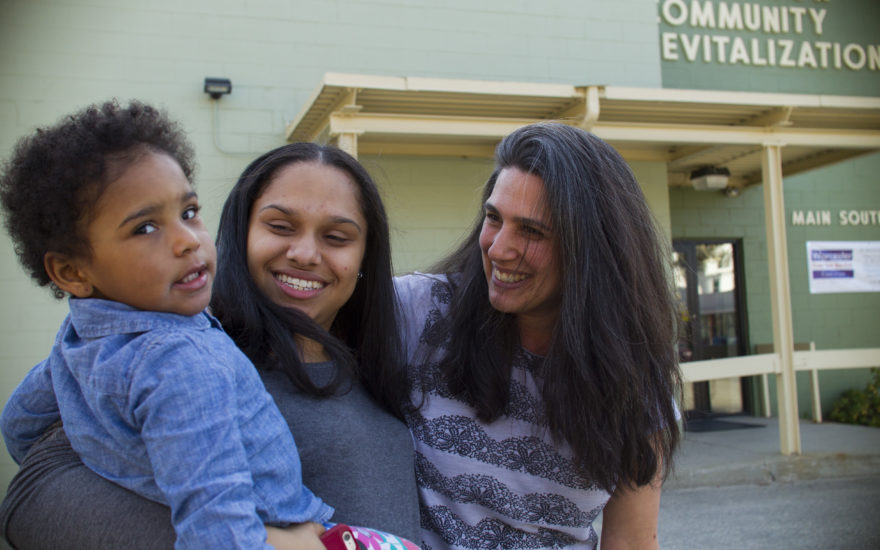
Ramón Borges‐Méndez
Associate Professor

Help create resilient and equitable communities
Community development is so much more than blueprints and zoning. It’s about cultivating spaces where people can flourish. Spaces with enough green space to play and relax. Spaces that offer economic opportunities that allow people to realize their dreams and aspirations. Places where people have access to quality, culturally responsive food, education, healthcare, and housing. At Clark, you will learn about the power structures that shape community spaces, and how to create processes in which community members have a say in those power structures.
Community development happens in the context of relationships. As practitioners, we can’t impose our own visions on communities. Rather, through community-engaged learning, students collaborate with community members and other stakeholders to understand each community’s unique strengths, and then collectively create strategies so that people’s dreams can take root and grow.
Grounded in principles and practices of ethical community engagement, we provide students with knowledge and skills in finance, project management, monitoring & evaluation, geo-spatial analysis, and non-profit leadership. These skills are needed to be a practitioner who can be a partner and ally in a community’s transformation.
Department of Sustainability and Social Justice
Our degrees inspire you to develop equitable solutions to urgent social, political, and ecological challenges. Through our program, students are equipped to build a more just and sustainable world.
| Required Community Development and Planning Courses (Choose 2 units) |
|
| Sustainability and Institutional Change (2 units) |
|
| Fundamental Skills (2 units) |
|
| Methods of Inquiry and Subject Matter Electives (2-3 units) |
|
| Required Common Seminar (0.5 unit) |
|
| Experiential Learning and Inquiry (1-3 units) |
|
10-unit track completed in three semesters (Fall or Spring start)
12-unit research track completed in four semesters, with students conducting primary research in the summer between their two years of study (Fall start only)
12-unit practice track completed in four semesters, with students engaging in a Global Learning Collaborative, either domestically or internationally (Fall start only)
Our alumni work locally and globally to make a difference in the fields of youth and education, food security, urban planning, affordable housing development, economic and workforce development, and public health. They bring a focus on equity and social justice to their many and varied roles:
Our faculty are engaged scholars and practitioners who work with state and city governments as well as community development corporations and nonprofits. They will help you chart your career path, introducing you to internships in the community and a broad professional network.
Relevant. Challenging. Transformative.

Ramón Borges‐Méndez
Associate Professor

Margaret Post, Ph.D.
Associate Research Professor

Laurie Ross
Professor